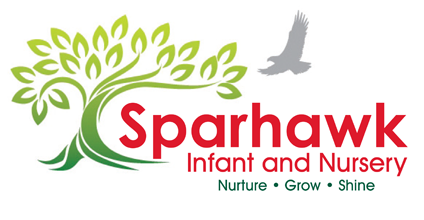
At Sparhawk we follow Supersonic Phonic Friends to teach high quality phonics daily. To see a breakdown of how phonics is taught, please take a look at our phonics page.
As children start school and begin the teaching and learning of systematic, synthetic phonics, it is essential that they have access to books that are fully matched to their secure phonic knowledge to practise their independent reading. This allows children to use the Grapheme (spellings), Phoneme (sounds), Correspondence (GPCs) they know, and have been taught, to decode (read) the words and, practise reading and re reading, developing their fluency and confidence in reading.
At Sparhawk we have a range of fully decodable books for the children to read in school and at home. We read as often as possible with the children and we mark this in green pen. The more children read, the more fluent readers they become, therefore we encourage parents to read as often as possible at home. We understand it can be busy at home, therefore please talk to your child’s teacher as they will be able to arrange for you to read in the class at drop off or pick up and even have a pen ready for you!
Reading Teams
All of our children from Reception to Year 2 are in a reading team. We have four teams, Donaldson, Carle, Dahl and Browne. Each time that your child reads at home they get to earn a reading bead for their team. Each week the winning team is announced in our Praise Assembly and at the end of the term the team who won the most wins a prize!




Listening to stories is just as important
At Sparhawk we read to the children on a daily basis, this could be a book that links with our learning, a book the children have voted for or perhaps the book of the week from the library. We have a school Reading Spine which consists of 15 books per year group. These books have been chosen so that the children are exposed to a wide range of texts during their time with us.
Reading to your child is just as important as them reading to you! This helps them to recognise language and pick up on the use of expression, you could share reading a book together, that way you can model reading to them. You could do this each week with your child’s school library book. Or if you wanted to you could listen to some stories and then discuss the story together.













